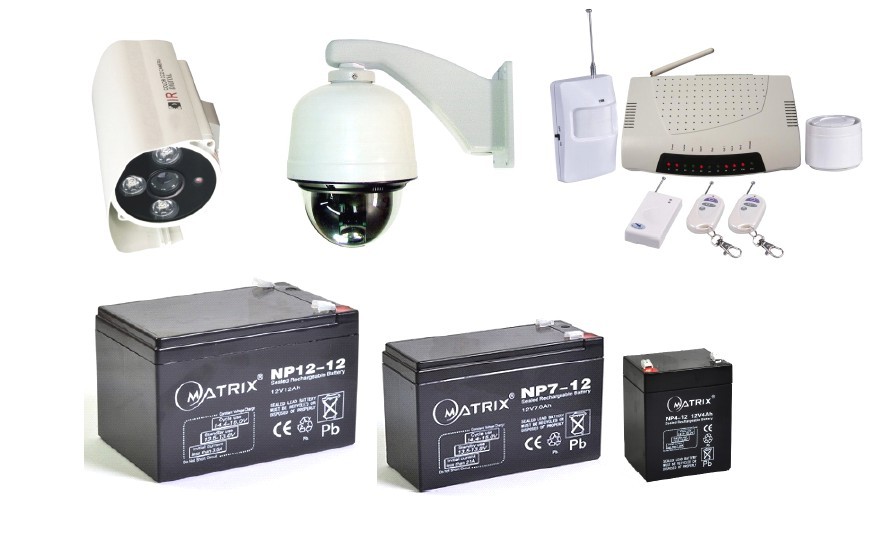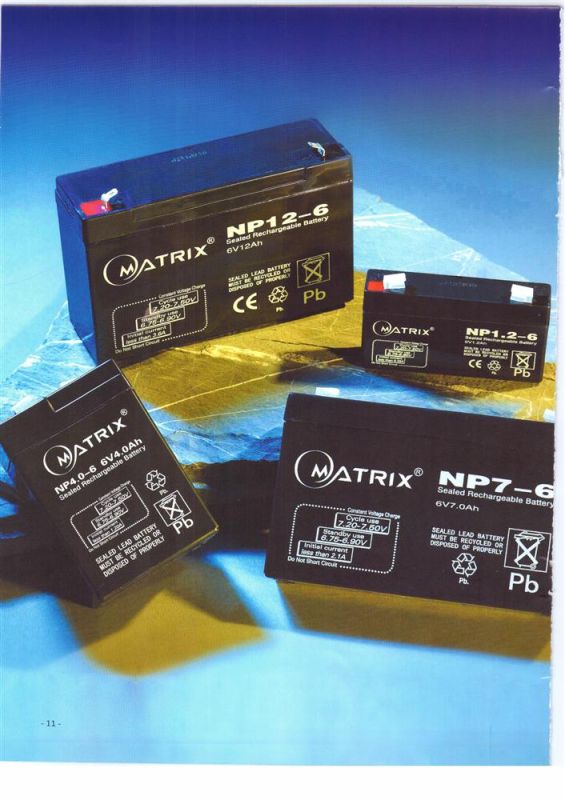In the span of less than twenty years China has become the biggest lead-acid batteries manufacturer worldwide, and the only substantial net exporter.Does China want to become the lead-acid battery manufacturer for the whole world?
Lead-acid batteries are employed in a variety of applications, most notably as vehicle SLI (starter, lighting and ignition) batteries, followed by telecoms, UPS, oil & gas and recently e-vehicles.

It is a mature technology which has been around for than 150 years, accounts for a global market of USD 50 billion, and shows no signs of being supplanted by newer technologies, such as lithium-ion batteries, any time soon.
Twenty years ago, Chinese companies manufacturing lead-acid batteries were few, Government-controlled, employed obsolete equipment and technology and struggled to satisfy the fast-growing domestic demand.
Thanks to privatization of State-owned companies, joint ventures with foreign companies to acquire much sought after know-how, and relentless hard work, a batch of Chinese manufacturers has emerged to now rank amongst the biggest producers of batteries worldwide.
The Chinese battery industry as a whole has grown far beyond satisfying domestic demand, and is now the only net exporter of lead-acid batteries worldwide, not only to South-East Asia and Africa but also to Europe and the US.
So, what’s so special about Chinese making batteries? is this just another China economic success story? Well, yes and no.
Ten years ago, as the Chinese manufacturers were beginning to export in droves, the Chinese government levied a 17% VAT tax on lead-acid batteries destined for export. Goods exported are purchased by parties which are not fiscally resident in China and therefore cannot reclaim the 17% VAT as tax credit – to all intents and purposes, it amounts to a 17% export tax.
Then in 2011 the Government closed down 90% of lead-acid batteries manufacturers, with the intention of cracking down on lead poisoning cases and water and air pollution.
Granted, most of the factories affected were small “garage” manufacturers, so overall capacity was hardly affected; however also many of the bigger companies had to undergo complex environmental audits which in several cases halted or hindered production; some manufacturers had to close their plants in coastal and metropolitan areas and transfer production inland.
While the move falls within a comprehensive plan of the Chinese Government to bring pollution under control, the speed and thoroughness with which the lead-acid industry was singled out for such decisive action is notable.
Finally, effective January 1st 2016, the Chinese Government will introduce a new 4% consumption tax on all lead-acid batteries, be they for domestic use or export. Interestingly, the new tax does not apply to lithium ion or nickel-hydrogen batteries.
What to make of it all?
Beijing has successfully developed the Chinese lead-acid battery industry to achieve self-sufficiency, but having reached that goal, does not want the industry to develop further.
“State-controlled capitalism” means the Government chooses which “strategic” industries to develop, and lead-acid batteries is not one of them.
Lead-acid battery manufacturing is a labour-intensive, small profit margin, strong environmental impact industry, and its further development does not fall within the Chinese government 5-year plans.

Big Chinese battery manufacturers are rather advised to either start-up factories outside China, typically in South-East Asia or Africa, or devote their new-found resources to new technologies such as lithium-ion batteries.
A few Chinese battery companies, in fact, are already doing so in Vietnam, Malaysia and Bangladesh, and in the coming years the path they have beaten will be followed by others.
Lead-acid batteries are heavy and don’t travel well, so bringing the manufacturing facility close to the end-user makes economic sense, especially as often the main raw material (lead) is imported from Australia, so also the inbound trip is shorter and cheaper.
Economic logic aside, however, China factory delocalization on an industrial scale (as opposed to mum & pop textile labs on the outskirts of Prato) constitutes a big symbolic step in China’s economic development, and its impact on the world economy.
Gone are the times of “Engineered in California, made in China”, to give way to the days of “Engineered in China, made in Vietnam/Indonesia/Zimbabwe”?



